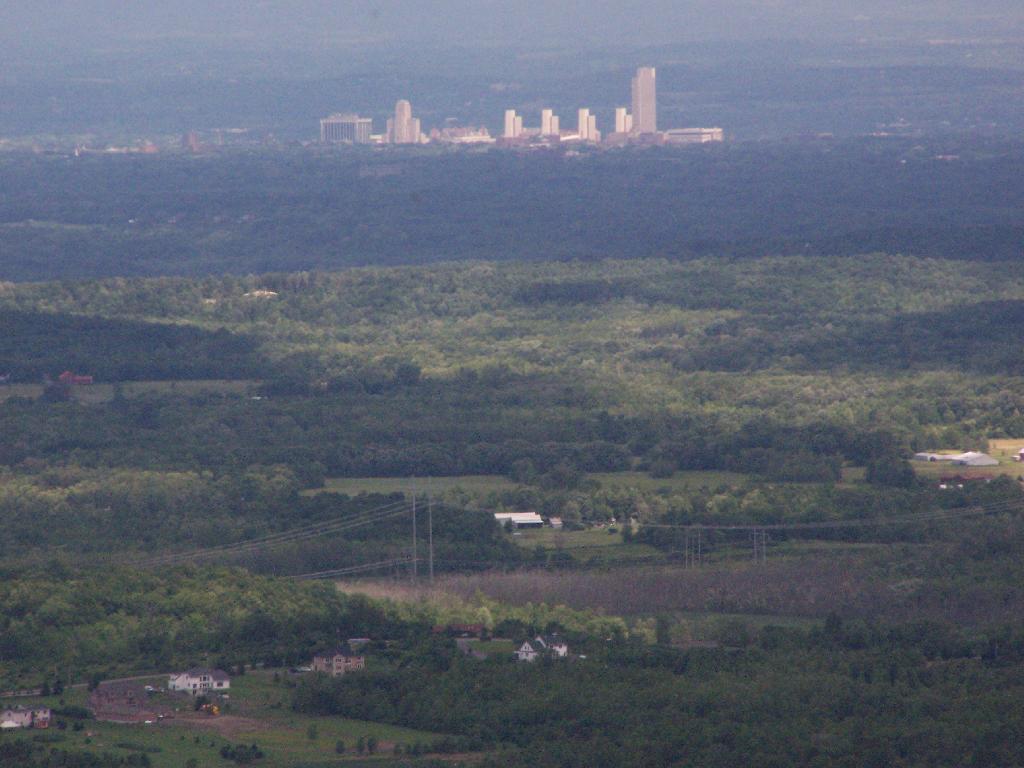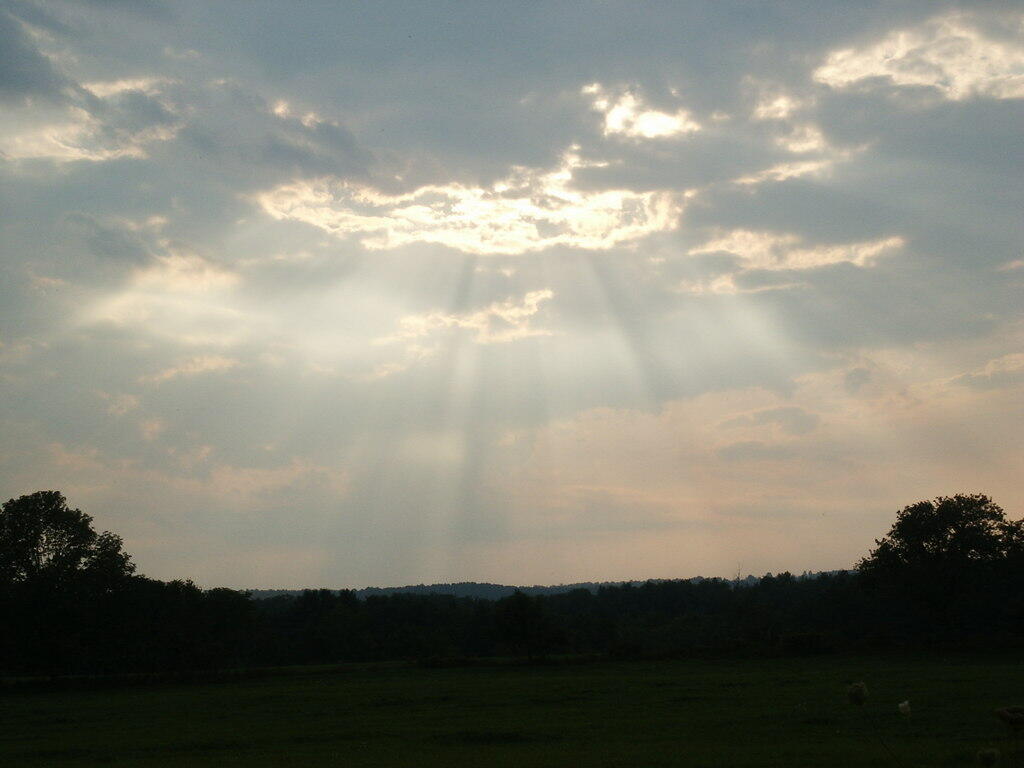The “Check Engine” light can indicate a variety of problems with a car engine that needs to fixed, but is not a critical safety issue that would prevent you from driving home or to the garage. You might have a spark plug that is misfiring or a oxygen sensor that is out of range, but neither of those problems in over the next 500-1,00 miles is going to seriously damage your car.
Ignoring them for months or years, will likely plug up your catalytic converter or scour the cylnder walls by detonation. Ignoring a check engine light for an extended period of time can do serious damage.
Therefore, it’s a serious mistake to:
- Totally ignore the check engine light, and drive for the next year or two.
- Panic, and pull off the road, and wait for a tow truck (the Check Engine light is not the Low Oil Pressure light).
- Scrap the car and buy a new one.
One might argue that pulling off the road and waiting for the tow truck, when the Check Engine light is on, won’t do any harm to the car. It’s the safest option. This is true. Yet it will do real harm to your day, your plans, and you’ll have to pay a towing bill that otherwise you would otherwise avoid by temporarily ignoring the Check Engine Light, driving home, and dropping off the car at the garage later in the week.
Climate change should not be ignored, but should be dealt with in an appropiate fashion not to ruin people’s quality of lives. The solutions to climate change will not be found in radical changes in energy policy or massive new taxes, but gradual changes, that will ensure the harm inflicted onto the environment by our carbon-based economy will be minimized to an acceptable level.
That means a moderate changes but not radical changes:
- A gradual decarbonization of electrical grid, by mandating a greater portion of the power purchased by renewables.
- A gradual decarbonization of fossil fuels by blending them with renewables such as ethanol in gasoline, and wood waste in coal boilers
- A gradual increase in energy efficency by mandating new efficency standards for a broad series of appliances, automobiles, and industrial facilities
People forget that the problem of climate change is not due to any one individual or for that matter, any one power plant or industrial facility. The problem is largely a problem of scale — we are consuming, as society, so much fossil fuels that we are dramatically changing the percentage of carbon dioxide in the atmosphere — a trace gas, but a trace gas that is likely to double in coming decades over historical levels.
We, as a society, have a moral obligation to slow the accumulation of carbon dioxide atmosphere.

